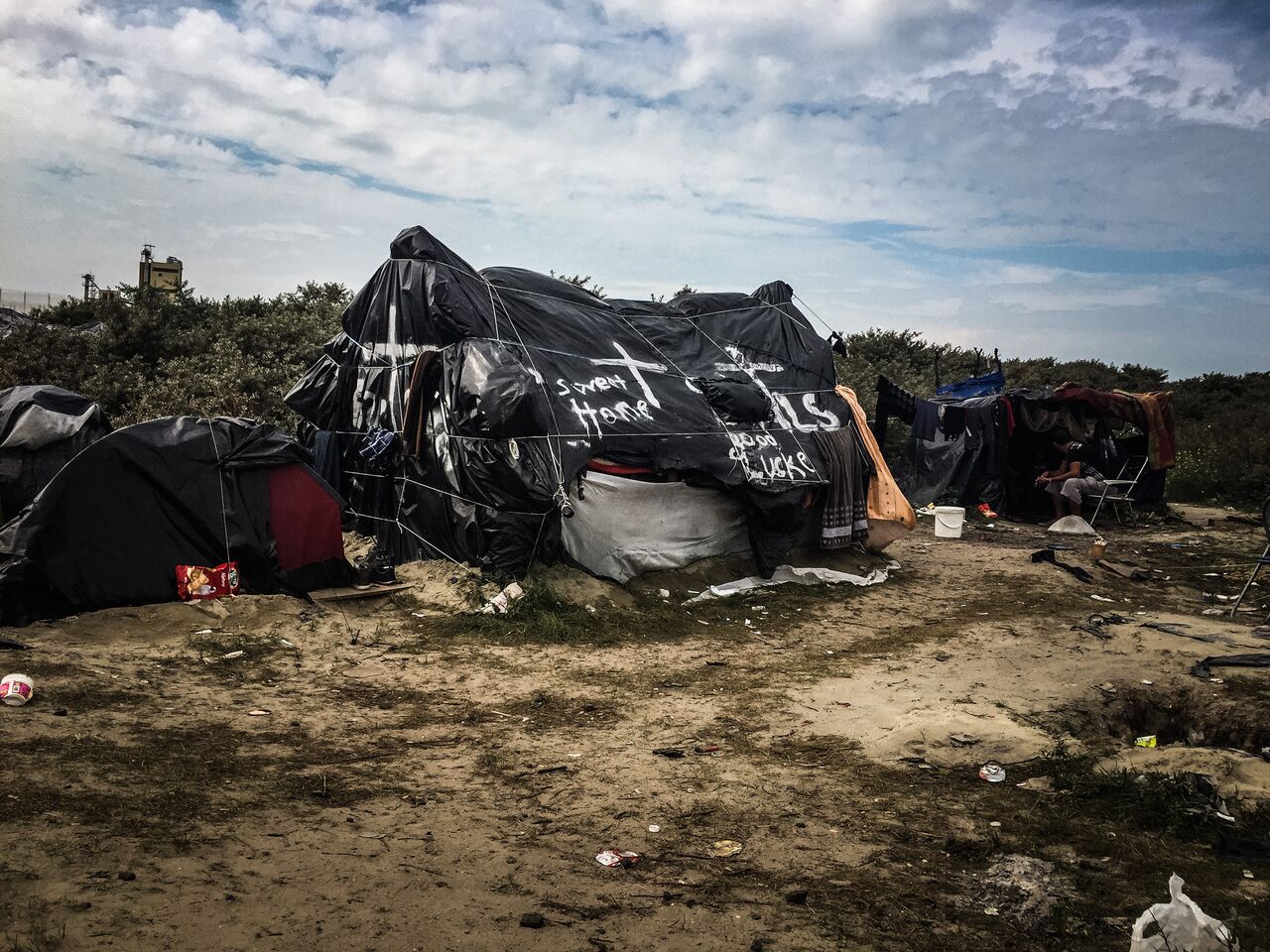Undocumented children let down by lack of support in ‘labyrinthine’ immigration system, argues report

Photographs by CalAid director, James Fisher (www.facebook.com/JoinCalAid)
Vulnerable children and teenagers in the UK whose citizenship is called into question are not adequately protected by the current system, according to a report by a team of children’s rights lawyers working in conjunction with Islington Law Centre. When facing challenges to their immigration status, argues the Precarious Citizenship Report, children and young people must be treated as ‘children first, and migrants second’.
The report draws on an analysis of 52 cases between 2012 and 2016. During this time, lawyers acting as part of a specialist service called the PROTECT Project worked with these undocumented youngsters attempting to secure their futures. They found that ‘undocumented children and young people who are navigating their lives alone face disproportionate barriers to living safe, protected and full lives’.
Not only did the project consider that unrealistic expectations were placed on the young people it encountered, but it also discovered the spill over effect of immigration issues into other areas of their lives. Of the 52 children and young people the lawyers dealt with, more than half (67%) had experienced legal issues related to housing, social welfare (56%), and about a third related to education (35%).
Of the young people concerned, almost one in four were experiencing homelessness on referral and 44% had mental health issues. Most of the girls (84%) had experienced some form of abuse. The report suggests that the legal and welfare needs of children and young people are intricately intertwined, and that ‘[o]ften unresolved legal problems lead to social exclusion and susceptibility to future harm’.
‘Too often’, the report maintains, ‘CYP are seen through the lens of adulthood’. This results in a situation where their unique needs are not met by ‘services which are more commonly designed by and for adults’. Children and young people are beset by a range of problems in what is described as an expensive and ‘labyrinthine’ process. According to the report, fees for citizenship applications are non-refundable, and as much as £936 for children, and up to £1,236 for adults.
Whether they have previously been ‘hostages to the decisions of others’, denied access to their identity documents ‘as a method of abuse or control’, or are unable even to remember how or when they entered the UK, children and young people are often left to navigate the hostile world of immigration law alone. A major difficulty for many young people is the ability to access any sort of identification or documentation, without which citizenship applications or even diagnoses cannot get off the ground. ‘At the point that they approached our project, we found that CYP were effectively standing in a hole that had been dug for them by others,’ the report states.
Since the introduction of LASPO in 2012, cuts to legal aid have slashed the provisions for face-to-face advice and have ‘carved up children’s rights and their ability to pursue cases where their rights are being ignored or infringed’. The report goes on to argue that these circumstances push vulnerable children and teenagers further into the shadows, making them susceptible to exploitation and abuse, as well as precipitating mental and physical health problems.
Ayesha, for instance, grew up in the UK but was abandoned by her Nigerian mother at the age of 15. Unable to access social services, she had to live on the streets with no adult support. Often vulnerable, Ayesha ‘would accept offers of a lift, food, a shower, or a bed from strangers, and was relieved on the few occasions when they did not expect anything in return’. She grew depressed, turned to alcohol, and could not find help anywhere.
Soon after, Ayesha suffered two miscarriages. The second happened shortly after a stranger raped her in a park where she was sleeping. During this period, she was consistently rebuffed by the authorities because of her immigration status. Had Ayesha not encountered The PROTECT Project a few years later, when she was pregnant again, her troubling situation may well have worsened beyond the point of repair.
Recommending that the government raises awareness and builds further capacity among public authorities, the report proposes that ‘an uncertain immigration status seems to blot out the ability of some frontline workers […] to identify or respond to the multiplicity and level of needs these CYP bring with them. They see a migrant first – a vulnerable child second.’ More training and outreach is essential, as a result, to ensure that vulnerable children are not put in harm’s way or denied their right to a secure identity well before they reach adulthood.
Alongside these recommendations, the report also emphasises the need to lift the restrictions on access to justice for this group. As a consequence of LASPO, it suggests, children and young people are regularly denied both legal aid coverage and access to specialist legal support. It concludes: ‘Effective legal representation for undocumented young people can provide the difference between successful and unsuccessful outcomes.’







